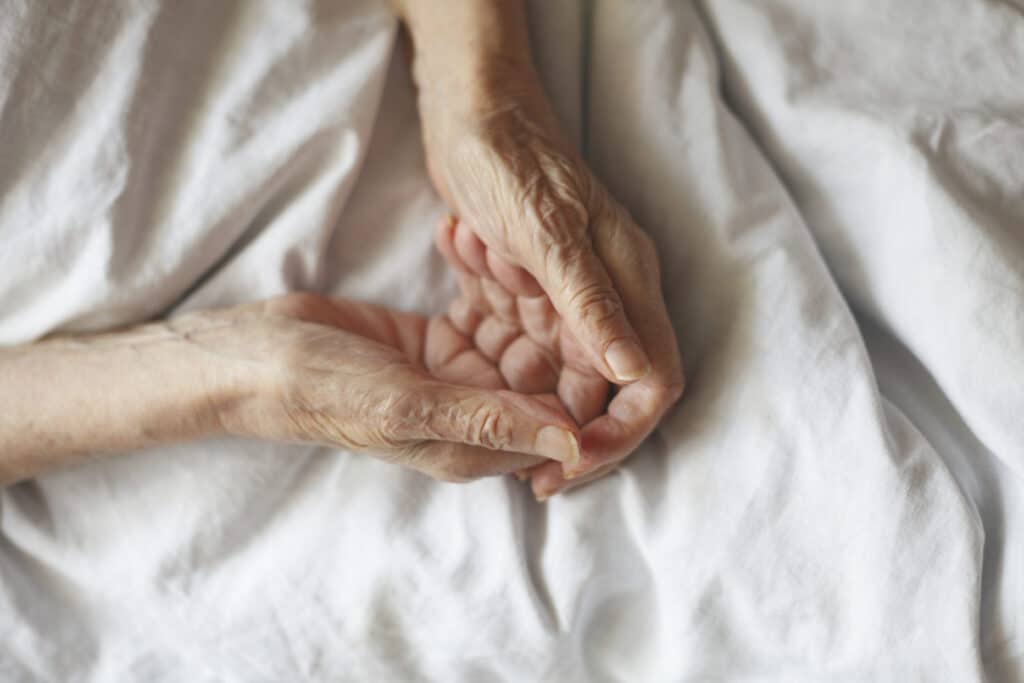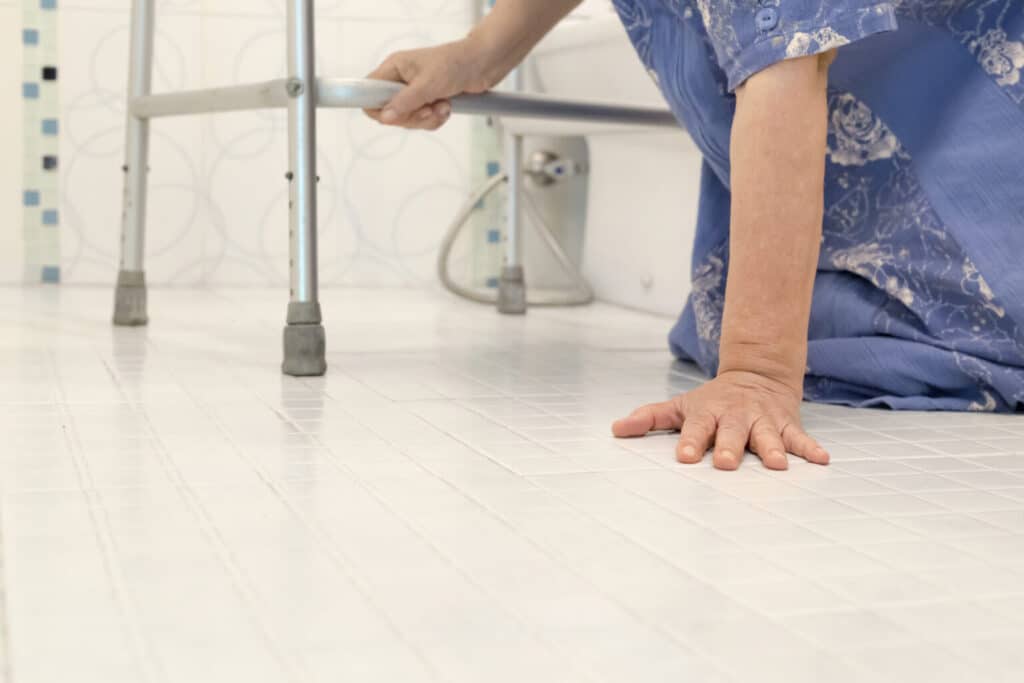
Elderly residents are a vulnerable section of our society. As people age, they may need round-the-clock nursing and care, especially if they become physically or mentally incapacitated. Nearly 1.5 million senior citizens in the United States live in nursing homes. Because many older nursing home residents are physically frail and depend on others to care for them, they are also more susceptible to abuse and neglect.
While signs of physical abuse such as bruises, cuts or bumps may be easier to identify, it can be far more challenging to detect symptoms of emotional abuse. There are several different types of elder abuse, all of which can leave individuals and families devastated.
1. Physical Abuse

Physical abuse is the use of physical force or violence that could result in physical pain or bodily injury. Such abuse may include but is not limited to acts of violence such as hitting, beating, slapping, shoving, kicking, pinching and burning. In addition, the inappropriate use of physical restraints or drugs or physical punishment are also examples of physical abuse.
Here are some of the common signs of physical abuse in nursing homes:
- Lacerations, bruises, black eyes
- Broken bones
- Open wounds such as cuts or puncture wounds
- Sprains, dislocations and internal injuries
- Lab reports showing over medication or under utilization of prescription drugs
- The caregiver’s refusal to leave family or visitors alone with their loved one
2. Sexual Abuse
Sexual abuse refers to any type of non-consensual or unwanted sexual contact with an elderly person. Sexual contact with an individual who is unable to give consent, such as with an elderly person who has dementia, is also sexual abuse. Examples of sexual abuse include assault, battery, rape, sodomy, coerced nudity and showing pornography or sexually explicit material. Some of the symptoms of sexual abuse include bruises around the breasts or genital area, unexplained sexually transmitted diseases, and torn or bloody underclothing.

3. Emotional or Psychological Abuse
This type of abuse refers to the infliction of emotional pain through verbal or non-verbal acts. Emotional or psychological abuse includes verbal assaults, insults, threats, humiliation, harassment and intimidation. Recently, there have also been cases of employees at nursing homes shooting videos of elderly residents mocking them and posting them on social media. This is, of course, an unbelievably cruel act and also counts as emotional or psychological abuse. Emotional abuse could also include treating an older person like a child, isolating someone or giving that person the silent treatment. Some symptoms that are cause for concern include agitation, becoming extremely withdrawn, and unusual behavior such as sucking one’s thumb, biting or rocking.
4. Financial Abuse
Financial abuse is defined as the illegal or improper use of an elder’s funds, property or assets. Some examples include cashing an elderly person’s checks without proper permission or authorization; forging an older person’s signature; misusing or stealing an elderly person’s money or possessions; coercing or deceiving an older person to sign a document such as a will; and improper use of conservatorship, guardianship or power of attorney. Some red flags include:
- Sudden changes in bank account or credit card accounts such as unexplained cash withdrawals
- Inclusion of additional names on the person’s bank signature card
- Unexpected changes to a will or other financial documents
- Disappearance of money or possessions
- An elder’s report of financial exploitation
5. Neglect

Neglect refers to the refusal or failure to fulfill any part of a person’s obligations or duties to the elder. For example, not providing an elderly person with food, water, clothing, shelter, personal hygiene, medicine and other necessities included in an implied or agreed-upon responsibility to an elder would be considered neglect. Some signs of neglect in an elder care setting include dehydration, malnutrition, untreated bedsores, health problems, unsanitary living conditions and hazardous or unsafe living conditions such as lack of heat or running water.
6. Abandonment
Abandonment is the desertion of an elderly person by a person who has assumed responsibility for providing care and comfort to an elder. Examples of abandonment include desertion of an elder at a hospital or nursing facility, a shopping center or other public place, and an elder’s own report of being abandoned.
Rhode Island Nursing Home Abuse Lawyers
If your loved one has been abused in any manner in a nursing home or assisted living facility in Rhode Island, our experienced Rhode Island Nursing Home Abuse Lawyers can help hold the negligent parties accountable. A number of these types of abuse occur because nursing homes put profits before people by under staffing their facilities and hiring unqualified staff to care for vulnerable, elderly residents. Call us at 1-(508) 625-9765 or fill out an online contact form for a free (no obligation) consultation and comprehensive case evaluation.


